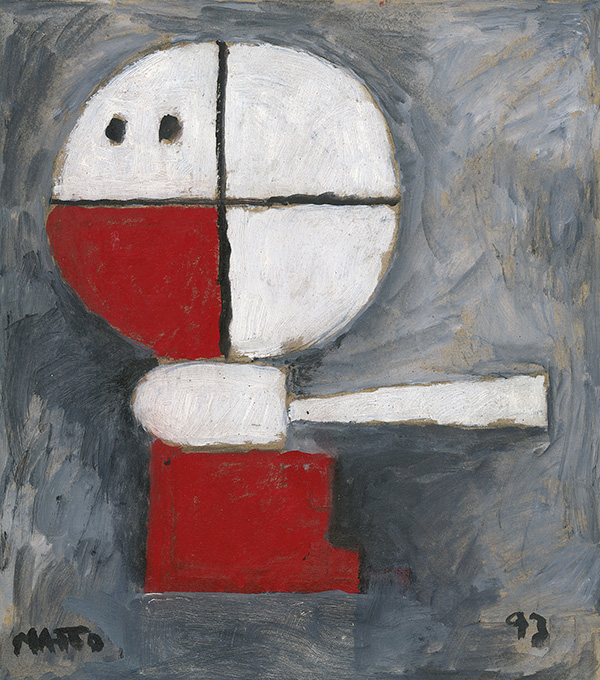The Fundation
Fundación Francisco Matto

Fundación Francisco Matto was created at the initiative of Mrs. Ada Antuña de Matto on December 30, 2011. Its bylaws were approved and its legal status recognized by resolution of the Ministry of Education and Culture on April 19, 2012, filed with the Registry of Associations and Foundations on April 25, 2012, under No. 11/2012.
The Foundation's purpose is to manage the multiple aspects of the legacy of the master Francisco Matto.
Broadening and enhancing awareness of Matto's work and thinking are a key role of the Foundation. Collaboration with institutions organizing exhibitions seeking loans of Matto works owned by the Foundation is a tool for projecting the artist's legacy.
The Foundation, as owner of the Francisco Matto copyrights, handles permissions for reproduction of images of his works and ensures their proper use.
The Foundation has begun developing certification and digital file processes for Matto's works. A certification protocol has been created that meets the parameters to guarantee process security. Detecting falsified or incorrectly attributed works is fundamental not only for proper study and future projection of Matto's work, but also provides a framework of security and transparency to collectors and the market.
A very important part of Francisco Matto's legacy is his collection of pre-Columbian art.
This collection that Matto began to treasure when he was very young was especially recognized by UNESCO for its originality, insofar as it was created in line with a purely aesthetic criterion by a modern artist observing the work handed down by ancient artists of the Americas. The collection had been shown in a museum open to the public from 1962 to 1978.
A key goal of the Foundation is to once again find an appropriate space for public exhibition of the Matto Collection of Pre-Columbian Art, thereby fulfilling the social and educational purpose sought by Matto. Several proposals are under study with a view to achieving this goal, and the Foundation is open to new propositions, from both the public and the private spheres.